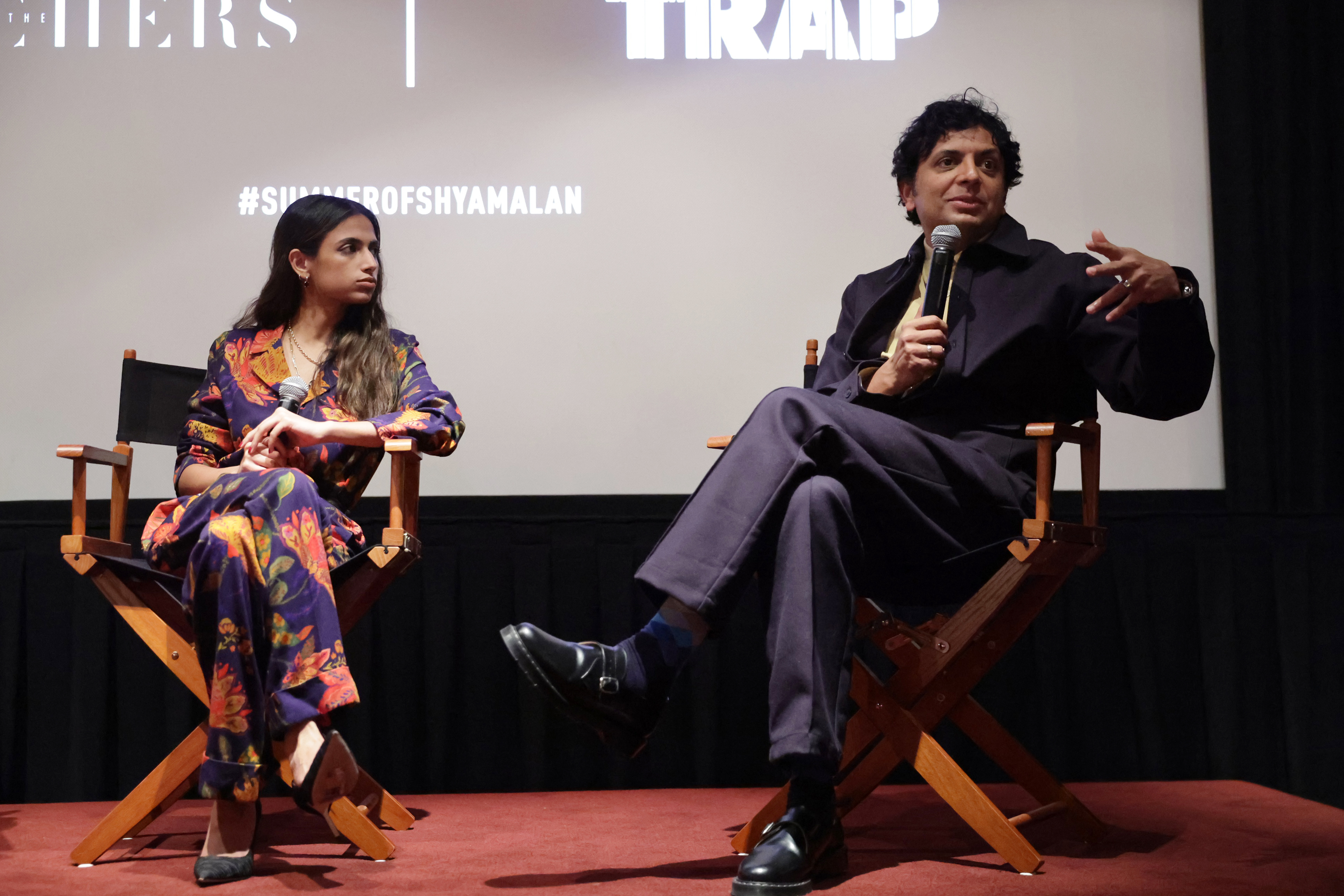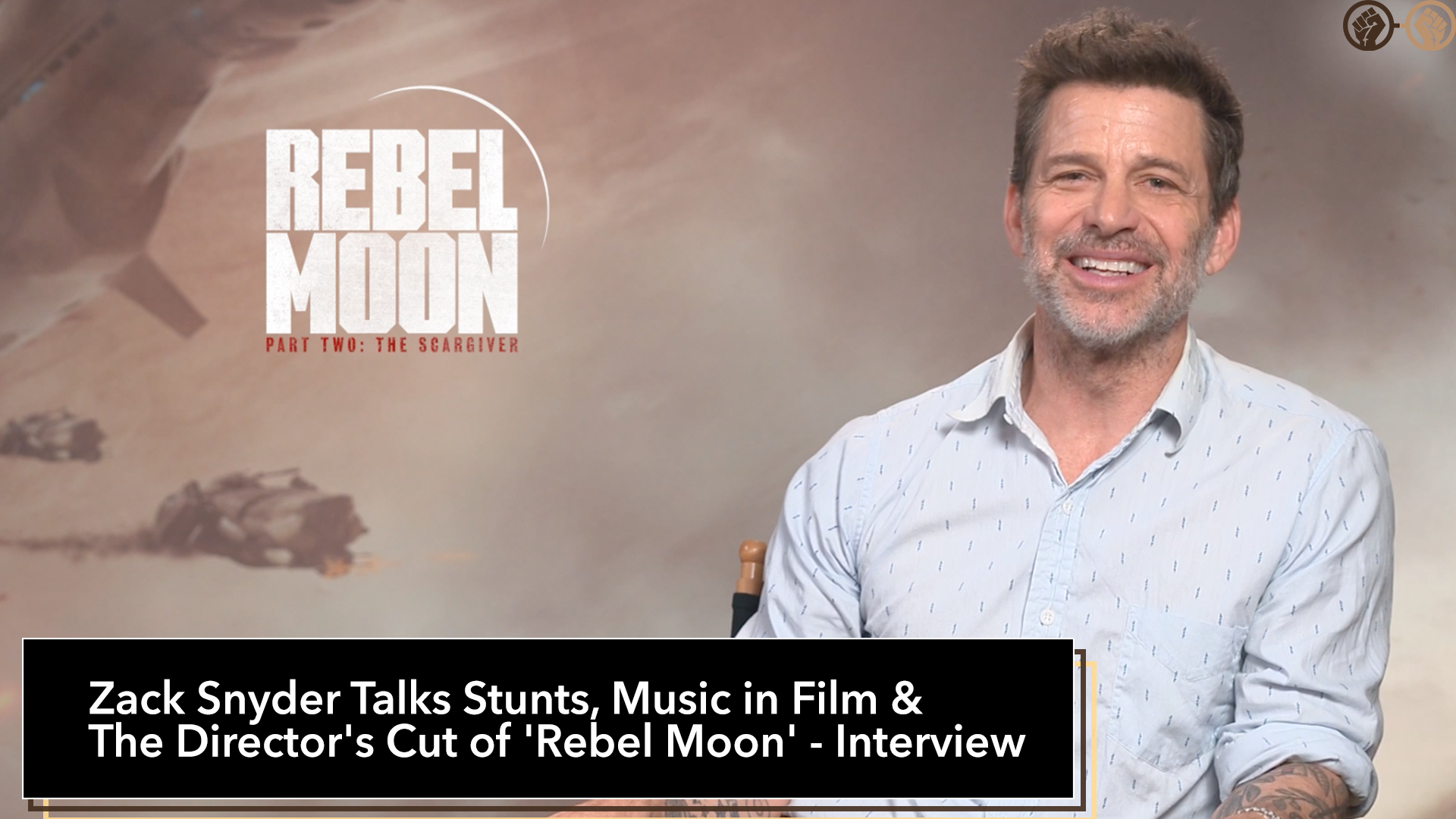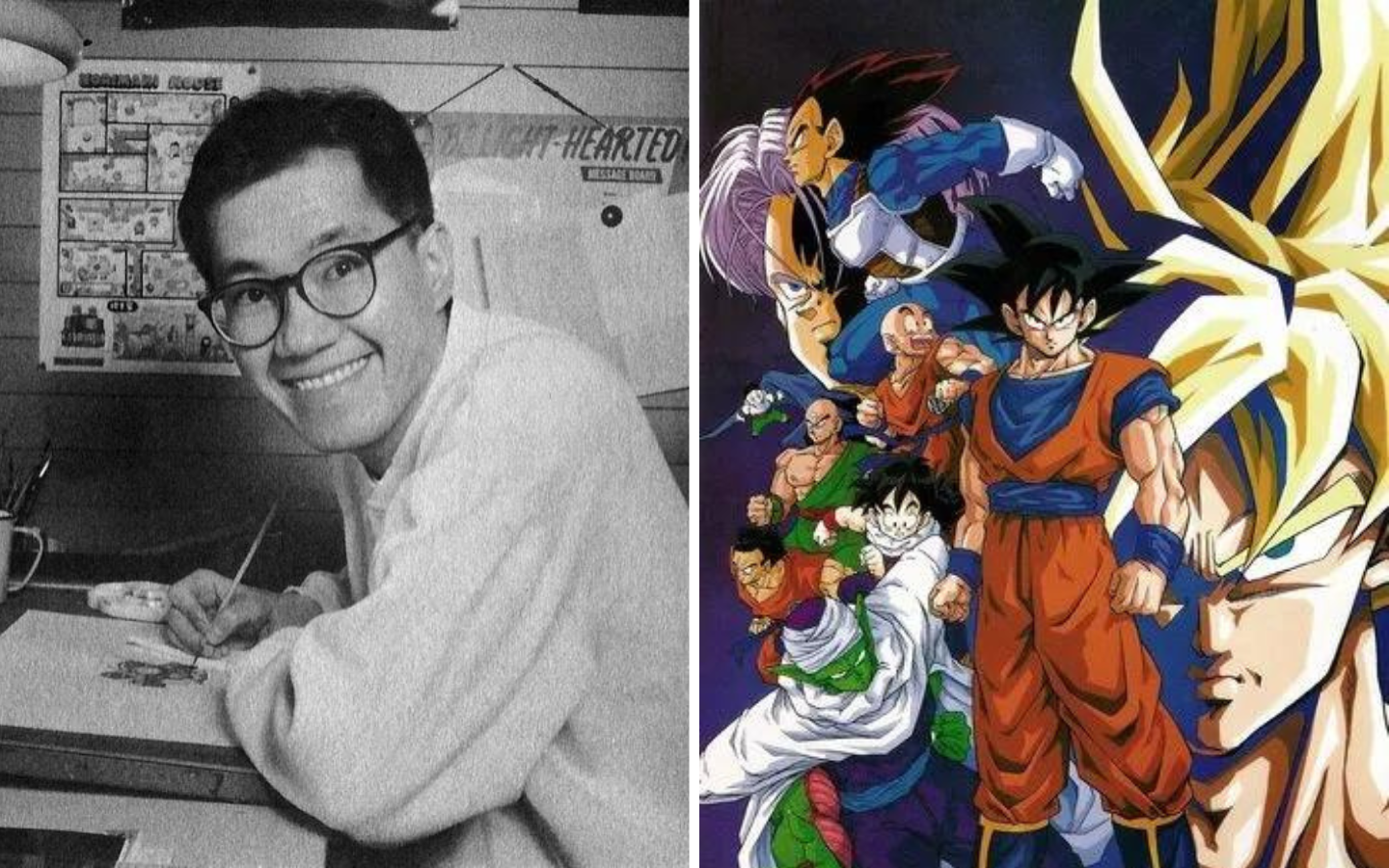The YA genre, abbreviated YA to mean Young Adult, is one filled with many interesting and riveting stories. No sub-genre is more interesting than that of supernatural and dystopian YA. With various stories on oppressive government regimes, angels, vampires, werewolves, fairies, and other magical creatures and faraway lands, there is no shortage on immersive tales to get lost in.
There’s just one problem: they are all the same.
“The same?”, you ask. “How? Twilight and Divergent were so different from each other!” You would be right to say this.

These stories, respectively about vampires and restrictive governments were indeed different, but only in source material. They are uncomfortably more alike than they are different. This is primarily due to the many predictable tropes the stories tend to follow. Here are just a few:
- The protagonist is usually a white teenage girl who is generally unremarkable, unpopular, and “not like other girls”.
- The love interests are usually two guys: one, a brooding and rude bad boy who typically is new to the school, socially unattainable, and treats the protagonist like garbage and the other a “nice” guy who treats the protagonist like an actual human being but is never destined to end up with her.
- The romantic arcs are glaringly heteronormative and white.
- Between the protagonists 16th and 18th birthdays they end up finding out some essential part of their identity or destiny that never manifested itself in any way prior to that.
There are, of course, other tropes, though these are the ones that immediately came to mind. Unfortunately, the YA genre has a reputation for being rather predictable and “cookie cutter”. My middle school and high school self would vehemently disagree, but my older self sees some truth in this. While I was always an avid fan of YA, I never felt represented in the stories I read. When I pictured the main character I never imagine a black girl with kinky hair befriending gods and goddesses and being romanced by a rich vampire. None of those stories felt like stories for me.
So what exactly do I want more of in YA?
I want to more LGBTQIA+ characters and relationships. The trend of heteronormativity in YA is growing more and more tiring as I consider that our reality is not just made up of heterosexual relationships.
I want to more POC including but not limited to Native Americans, Latinx, Asian, and Pacific Islander characters. I want to see the true diversity of the world reflected in these imaginative books. I want POC reading dystopian/supernatural/fantasy YA to know that in worlds with dragons, vampires,werewolves, fairies, and the destruction of oppressive government regimes that there is room for them too.
I want more healthy friendships between girls. The “not like other girls” trope that many of these protagonists are written into and the accompanying “popular girl vs. the nobody” is overdone and played out. Why can’t the introverted, less-popular girl be bestfriends with the girl in the school everyone wants? Why can’t girls lift each other up more often and be a well from which they can pull determination and positivity?
I want more healthy romantic relationships. I am sick to death of female protagonists falling for a guy who demeans them, ignores them, and treats them terribly. They are worth far more than that. The person they love should love them and support them with no reservations and uplift them when the inevitable identity crisis comes along.
This point and the previous one are incredibly close to my heart as I consider Stephenie Meyers’ Twilight, wherein teenage Bella Swan had an unhealthy relationship with her parents and alienated her friends as a result of her unhealthy and arguably abusive relationship with Edward Cullen. I often wonder how different the series would have been if Bella’s friends Angela and Jessica stuck by her side, uplifted her, and encouraged her. I wonder how different the series would have been if Bella thought more of herself and maintained positive self-worth. I wonder how different the series would be if she’d had a healthy relationship with both her mother and father rather than treating them as afterthoughts.

That said, I know that YA is capable of being reflective of the world around us and ensuring there is a place POC and LGBTQIA+ individuals, whether they are teenagers or adults. Authors such as Nnedi Okafor (Who Fears Death?), Marie Lu (The Young Elites), Julie Kagawa (The Immortal Rules), Sabaa Tahir (An Ember in the Ashes), Dhonielle Clayton (The Belles) are some amazing POC authors to start with if you’re looking for fresh and imaginative YA tales.






Leave a Reply